Who will be the next Prime Minister, and what does it mean for LGBT rights?
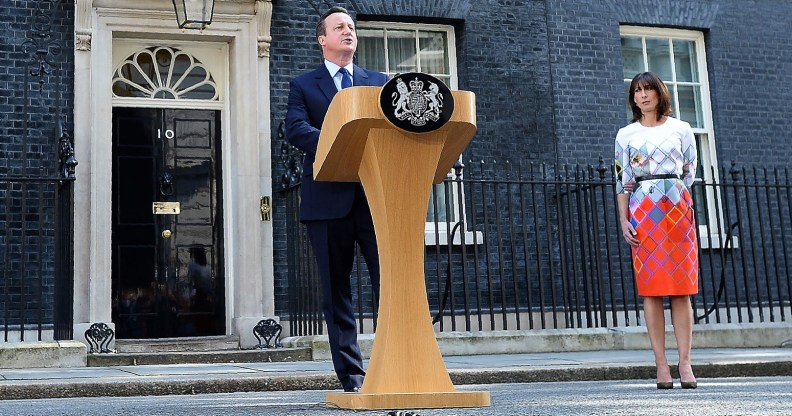
After Prime Minister David Cameron announced his resignation, we look at some of the potential candidates to replace him.
Mr Cameron announced this morning that he would step down after six years as PM and a decade as Tory leader, after the British public narrowly voted to withdraw from the European Union.
The Prime Minister had insisted that he would stay on in the event of Brexit, and said he would oppose a further withdrawal from the European Court of Human Rights – which is separate from the EU and has potential impacts on rights protections.
However, with Mr Cameron’s resignation announced, many issues are now once up in the air – as potential leadership candidates vie to replace him.
Candidates are expected to declare in the coming days and weeks ahead of the Conservative leadership election, with Mr Cameron calling for the new PM to be in place by October.
We take a look at some of the potential Tory leaders below.
Boris Johnson

The Former Mayor of London had surprised many by opting to back Brexit earlier this year, becoming one of the most prominent figures in the referendum campaign.
The MP backed equal marriage in a PinkNews interview in 2010, saying: “If the Conservatives and Liberals can get together in a national coalition and settle their differences, I don’t see why you can’t have gay marriage.”
He recorded a video for the Out4Marriage campaign in 2012, and had most recently claimed that leaving the EU would benefit LGBT people.
Johnson had claimed that LGBT rights victories in the UK had come from “our courts and Parliament” and not Europe, and told gay people to vote to “take back control” because rights are “under threat in Poland, in Hungary, in Romania, and other parts of the EU”.
Theresa May

The Home Secretary Theresa May was influential in her department’s work to pass the Marriage (Same Sex Couples) Act in 2013.
However Mrs May has previously been criticised by LGBT asylum groups for failing to do enough to root out issues following concerning cases regarding treatment of LGBT asylum seekers.
Though she had called for the UK to remain in the EU, Mrs May has called for the UK to withdraw from the European Court of Human Rights.
She said: “The case for remaining a signatory of the European convention on human rights, which means Britain is subject to the European court of human rights, is not clear.
“The ECHR can bind the hands of parliament, adds nothing to our prosperity, makes us less secure by preventing the deportation of dangerous foreign nationals and does nothing to change the attitudes of governments like Russia’s when it comes to human rights.”
George Osborne
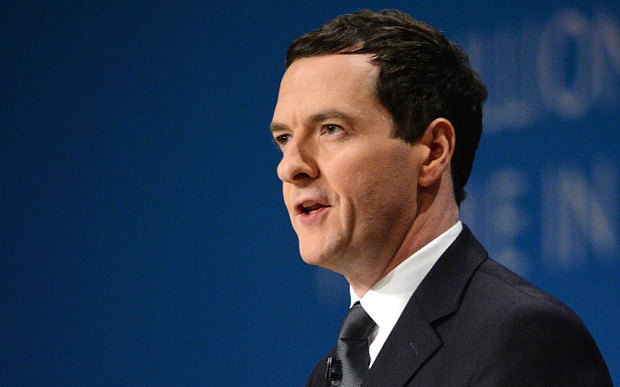
Chancellor George Osborne was once considered a favourite to replace Mr Cameron, but the politician has seen a growing backlash from his own party in recent months.
A moderate on social issues, as a young MP, Osborne rebelled against the then party leader Iain Duncan Smith to support LGBT rights in Parliament. As Chancellor, Osborne warned Conservatives in 2012 that it must modernise on LGBT rights or risk heavy losses.
Mr Osborne was an influential figure in the Remain campaign, and supported Cameron’s stance on remaining in the ECHR.
He compared same-sex marriage to the end of slavery in 2013, when he said: “Gay marriage is a very big piece of social legislation. There is a Conservative story which is not told often enough.
“Of William Wilberforce, being the man who freed the slaves, of Shaftsbury, who said we will limit factory hours and we are not going to let children work down the mines.
“That is a very powerful part of the Conservative story and it is a part that I am very happy to associate myself with.”
Michael Gove
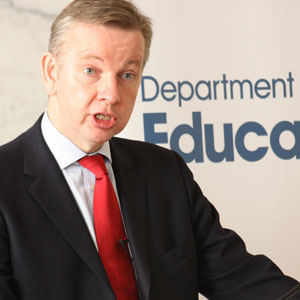
The Justice Secretary Michael Gove was one of the most senior Conservatives to push for Brexit, putting him in good standing with the right-wing of the party.
He supported equal marriage in 2013, writing: “It’s wrong to say that because of how you love and who you love, you are not entitled to the same rights as others. It’s wrong because inequality is wrong.”
“Marriage is not undermined by extending it to gay people – it is reinforced by including everyone equally.”
He had clashed with Theresa May over ECHR earlier this year, saying the UK “should remain within the European Convention of Human Rights”.
He said: “A far greater threat to our liberty and to our sovereignty is the European Court of Justice, which he has described as an institution which is predatory and often inimical to Britain’s interests.”
Nicky Morgan
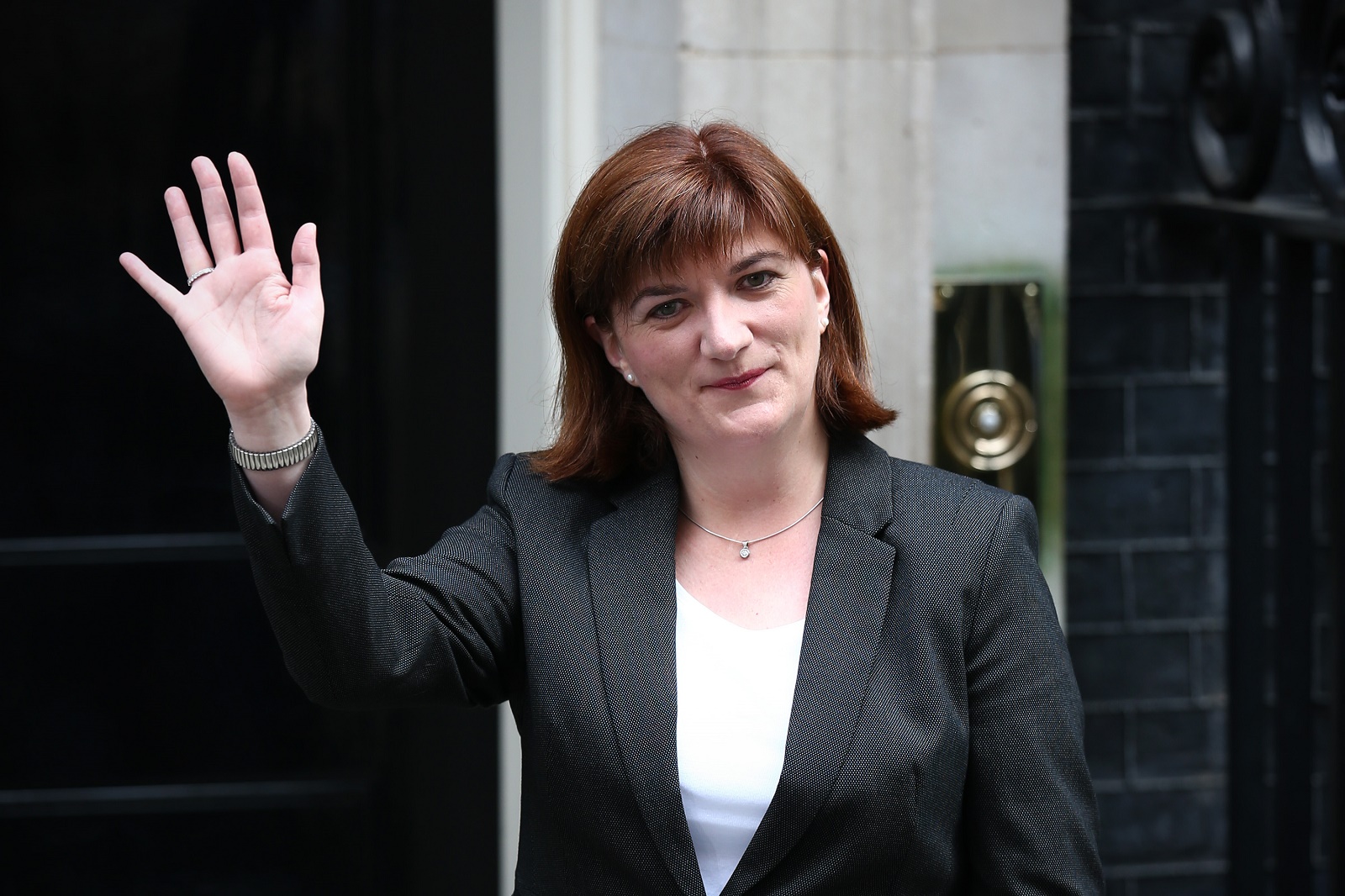
The Secretary of State for Education voted against same-sex marriage in 2013 – but after being named Minister for Women and Equalities has become a strong voice for LGBT rights.
She hinted about her own candidacy in an interview with PinkNews last month, saying: “I do think there should be a woman in the running, whether it’s me or one of my other female colleagues.
There are many talented individuals in this party. It’d be a tremendous pleasure.
“[But] I want to carry on with this – there’s lots of things I still want to do in the education brief, and the equalities brief.”
She opposes Theresa May’s proposed ECHR withdrawal, telling PinkNews: “I think we derive enormous strength from [the ECHR], and that’s not what people have an issue with.
“Let’s introduce the British Bill of Rights, let’s have the debate in Parliament, let’s have the debate in the party, but we’ve got a long and proud tradition of human rights in this country.”
She also branded Boris Johnson’s comments about gay people backing Brexit “misguided”, and indicated she would not expect to serve in the cabinet if Mr Johnson becomes PM.
Ruth Davidson
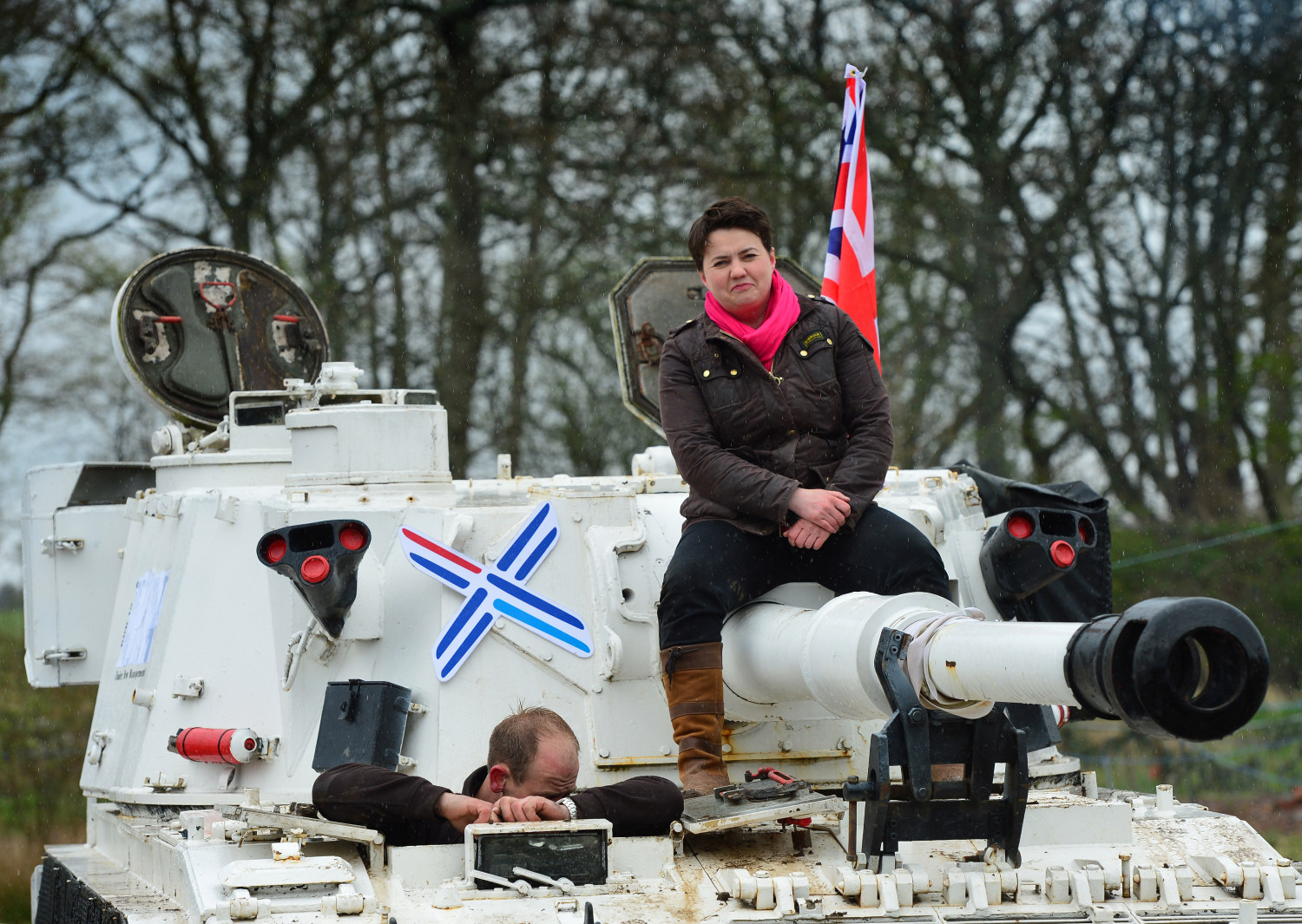
The only LGB politician mooted for the role, Scottish Tory leader Ruth Davidson, has ruled herself out of the running – despite a clamouring of calls for her to stand.
Ms Davidson has been a strong voice for LGBT equality in Scotland, and directly clashed with Boris Johnson over Europe during a TV debate last week.
The MSP would have an unclear path to Prime Minister, as she is not a member of the UK Parliament – and previously told PinkNews she has no interest in running.
She said: “In terms of being the UK party leader or a future Prime Minister, I’m going to pass on that one if that’s alright – I’ve been very privileged to see behind the door at Number 10 and it looks like a pretty lonely job.
“I’ve got a pretty big job in Scotland so I’m going to stick with that for now.”
Ms Davidson also attacked Theresa May over ECHR reform, telling PinkNews: “I take a slightly different view from Theresa May – I think we should recognise that the ECHR was in large part drafted by people from Britain, and it’s British values that are enshrined there.
In terms of a Scottish context, the ECHR is written into the original Scotland Act, so it would be up to the Scottish Parliament to decide whether we changed the basis of that. There’s nothing at a UK-wide level that would be able to change that without Holyrood’s consent.
I think it’s a little bit more complicated than Theresa May is trying to push out there.”
Stephen Crabb
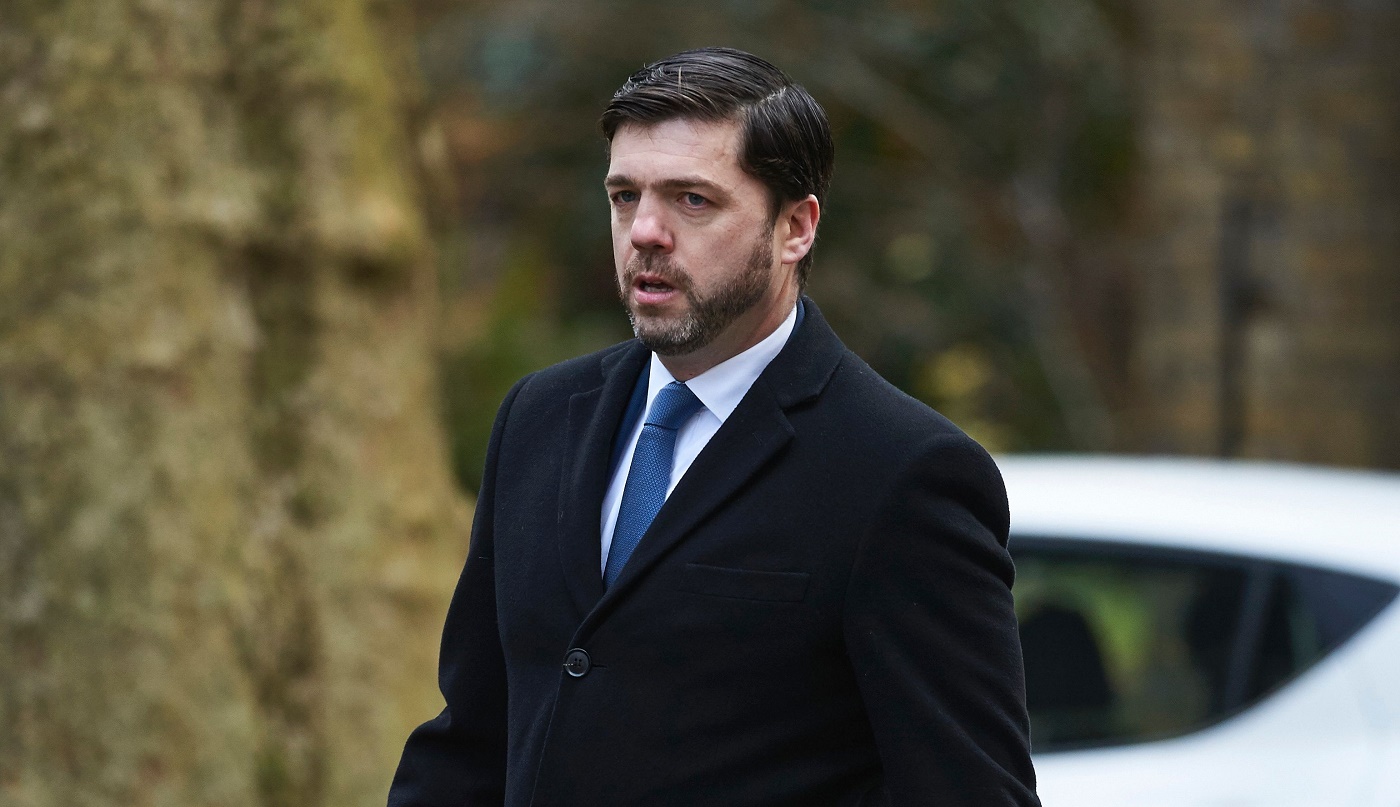
Work and Pensions Secretary Stephen Crabb is potentially the dark horse of the race, and has a close alliance with Ms Davidson – who previously hinted that she would back his run.
The Conservative MP voted against same-sex marriage legislation for England and Wales in 2013.
In the past, he has faced questions over his links to a group which sponsored a gay ‘cure’ event.
Mr Crabb was known to have taken interns from Christian Action Research and Education (CARE), an organisation which co-sponsored the “Judaeo-Christian” event ‘Sex and the City: Redeeming sex today’ in 2012.
British Humanists branded Mr Crabb “an enemy of reason [who] appears to hold dangerously homophobic opinions” – though he has distanced himself from CARE since.
Candidates are expected to declare in the coming days and weeks ahead of the Conservative leadership election, with Mr Cameron calling for the new PM to be in place by October.

